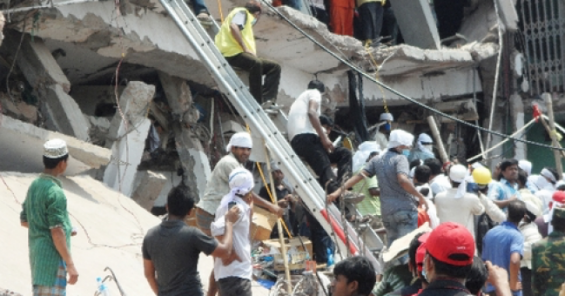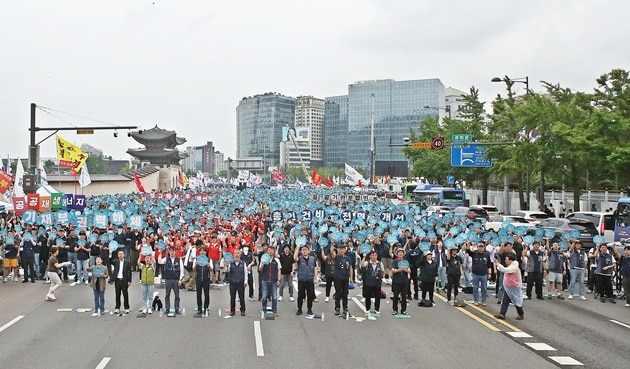On the seventh anniversary of the Rana Plaza factory collapse in Bangladesh, the deadliest disaster in the history of the garment industry, the Covid-19 pandemic underlines the continued vulnerability of workers in the supply chains of global fashion brands.
Now, brands are again being urged to take responsibility and back a Call to Action to help manufacturers survive the pandemic and protect garment workers’ income, health and employment.
As retailers shut shops around the world, the knock-on effect on factories and workers in garment producing countries has been catastrophic. In some cases, brands are refusing to pay for orders that are already completed, and hundreds of thousands of workers are losing their jobs.
“On this day, as we remember those that were killed or injured at Rana Plaza, all the progress that has been made to improve safety in Bangladesh risks being compromised if brands are not meeting their obligations to manufacturers and workers during the Covid-19 pandemic,” said Christy Hoffman, UNI Global Union General Secretary. “Rana Plaza brought the issue of supply chain responsibility to the world stage, now Covid-19 is doing the same.”
The Call to Action, which has so far been endorsed by UNI, IndustriALL, the ITUC and the ILO, as well as brands including H&M and Zara, sets out urgent priorities and specific commitments for organizations across the industry to help manufacturers and workers survive the economic impacts of the pandemic, and strengthen social protection systems for the future.
In endorsing the document, brands also commit to paying manufacturers for finished goods and goods in production, and to keep suppliers informed of the state of business operations and plans.
“The fact is that if workers don’t get paid, they will starve. Wages are already so low that garment workers are living hand to mouth. Most have nothing in reserve to survive this pandemic, and in many garment producing countries, there is very little in the way of social security protection. Brands have invested heavily in building relationships with suppliers and now, when times are hard, the global garment industry must work together to surmount the crisis and provide a sustainable future for all,” said Christy Hoffman.
Photo: Creative Commons


